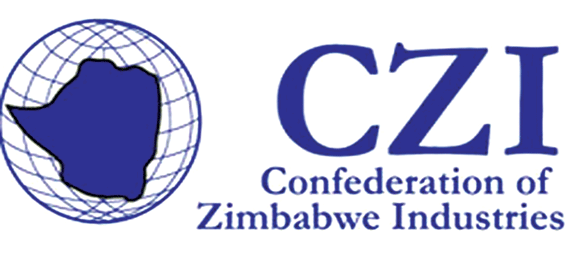
BY SHAME MAKOSHORI THE multiple currency crises confronting the country have dislocated the income tax regime, plunging millions into abject poverty, the Confederation of Zimbabwe Industries (CZI) has observed.
CZI warned that in the absence of viable steps to arrest further economic carnage, the income tax crisis could drag industries into a debilitating quagmire as consumer buying power diminishes.
In a paper released last week, the country’s biggest industrial lobby warned Finance minister Mthuli Ncube, who presents a review of the 2022 national budget on July 28, that consumers earning in the freefalling Zimbabwe dollar were now overtaxed, while those with US dollar salaries enjoyed fair taxation.
While disclosing concerns that were yesterday shared by Consumer Council of Zimbabwe (CCZ) executive director Rosemary Mpofu, CZI said the Zimbabwe dollar tax-free thresholds — pegged at $25 000 in November — had plummeted to the equivalent of US$37 at black market rates due to a prolonged currency bloodbath.
Tax-free thresholds for those earning in US dollars have remained at US$100 since government announced the 2022 national budget in November last year, the paper noted.
Following a brutal assault on the domestic currency on the black market, Zimbabwe dollar-earning workers have been driven to penury, the paper indicated, calling for concrete action in the upcoming review.
The economic bloodbath has been more pronounced in the past month, when annual inflation neared 200%, as the domestic currency was battered on both the official and parallel markets.
Black market kingpins were yesterday demanding up to $1 000 for US$1.
- Chamisa under fire over US$120K donation
- Mavhunga puts DeMbare into Chibuku quarterfinals
- Pension funds bet on Cabora Bassa oilfields
- Councils defy govt fire tender directive
Keep Reading
This amount was about US$280 when the budget was announced in November last year, and analysts have blamed the price rage that has rocked the country in the past few weeks.
“Industry needs a spending population to thrive, hence the 2022 national budget should prioritise increasing the spending power of the population,” CZI said.
“The minister announced a 100% increase in civil servants’ salaries beginning July 1, 2022. However, with year-on-year inflation for June 2022 at 191,6%, the 100% wage increase does not match inflation. Thus in real terms, purchasing power of civil servants is diminishing, which will have a huge impact of reducing aggregate demand,” said CZI.
It exposed how poorly planned taxes had hit consumption and industrial stability.
“Disposable income of the general populace is greatly affected by the tax bands. The tax-free threshold is pegged at $25 000, which is now too low due to the prevailing inflationary environment. Using the official exchange rate, the tax-free threshold is US$68 and using the parallel market it is US$37, this is against a tax-free threshold of US$100 for those being paid in US dollars. Thus, workers earning Zimbabwe dollar are being overtaxed, which reduces their disposable income, which in turn reduces aggregate demand,” CZI said.
“To boost aggregate demand, the mid-term budget review must revise the tax bands upwards, and to hedge against inflation, these tax bands must be CPI [consumer price index]-indexed, while also prioritising social safety nets to ensure that the vulnerable population can at least afford some basic needs, which industry would help meet.”
In an interview with NewsDay, CCZ’s Mpofu said crucial policy shifts were now vital to avoid further hurting overstretched consumers.
“We hope that there will be a review of tax-free thresholds by wider margins,” she said.
“An amount in excess of $100 000 or more will do because the $25 000, when it was announced, would buy much more commodities than it can by today. They must take into account low income and consumer buying power,” Mpofu noted.
Her concerns were shared by Gweru-based economist and former Zimbabwe National Chamber of Commerce president Trust Chikohora, who warned against maintaining a volatile currency.
“We need to move towards a single and stable official exchange rate,” Chikohora said.
“We will then need to make sure that the official market gives foreign currency transparently, then there won’t be much activity on the black market. But it is a very difficult thing to do. There will be limits in terms of currency availability and confidence levels,” he said.
CZI also warned that exports would further plummet in 2022, frustrating recovery efforts following prolonged downturns, until government injects crucial packages announced to reboot faltering output.
The bailouts relate to a US$30 million tranche pledged for industrial recovery from a US$958 million International Monetary Fund (IMF) windfall, which came through in September last year.
The IMF package was part of about US$650 billion worth of special drawing rights injected into the global economy to help economies restart following pandemic induced downturns and bankruptcies.
Before that, government had undertaken in the 2022 national budget — which was announced in November — that it would be reforming the Industrial Development Corporation and inject $2,3 billion (about US$6 million) on-lending funds to give traction to ongoing efforts to help industries.
- Follow us on Twitter @NewsDayZimbabwe






